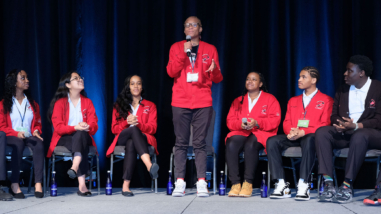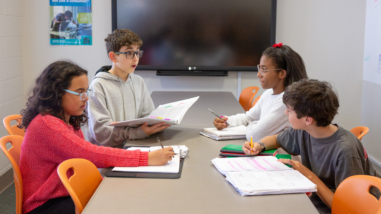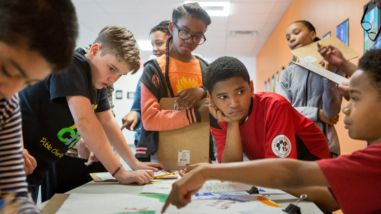Monterey Institute for Technology and Education
For Continued Development Of The National Repository Of Online Courses, A Library Of High-quality High School, Advanced Placement©, And Undergraduate Courses That Are Distributed Free To Students And Teachers And Through Various Licensing Fees
-
Amount$2,350,000
-
Program
-
Date Awarded2/27/2006
-
Term24.0 Months
-
Type of SupportProject
Strategies
About the Grantee
Grantee Website
www.montereyinstitute.org
Address
P.O. Box 890, Marina, CA, 93933-0890, United States
Grants to this Grantee
for a series of technical standards and challenges meetings of OER practitioners
Since its founding in 2003, the Monterey Institute for Technology and Education has assembled a large collection of multimedia-rich course content supporting U.S. middle school, high school, and college curricula and made it available as OER. The Institute proposes to act as a hub to convene a number of OER practitioners who can break through some of the technical bottlenecks in the field, such as transitioning to HTML5 for mobile and tablet support and increasing data sharing. This series of meetings will provide capacity to advance technical standards work in OER and modernize some OER in the marketplace.
for facilitating search and discovery of personalized educational resources
Monterey Institute for Technology and Education proposes to continue work on the prototype of EdReady, a novel application designed to use assessments and other relevant data to help students identify their postsecondary options. The Institute also will test the capacity of EdReady to host and manage a variety of assessments, including those specifically designed to evaluate deeper learning.
for piloting an OER sustainability model
The challenge of making Web-based education economically sustainable without grants and contracts has vexed the OER community from its beginning. This project would support the development, implementation, and management of an OER website messaging system designed to give students valuable information and generate revenue to support OER websites. If the system proves successful, this major achievement would help define a revenue model for the sustainability of other OER projects.



